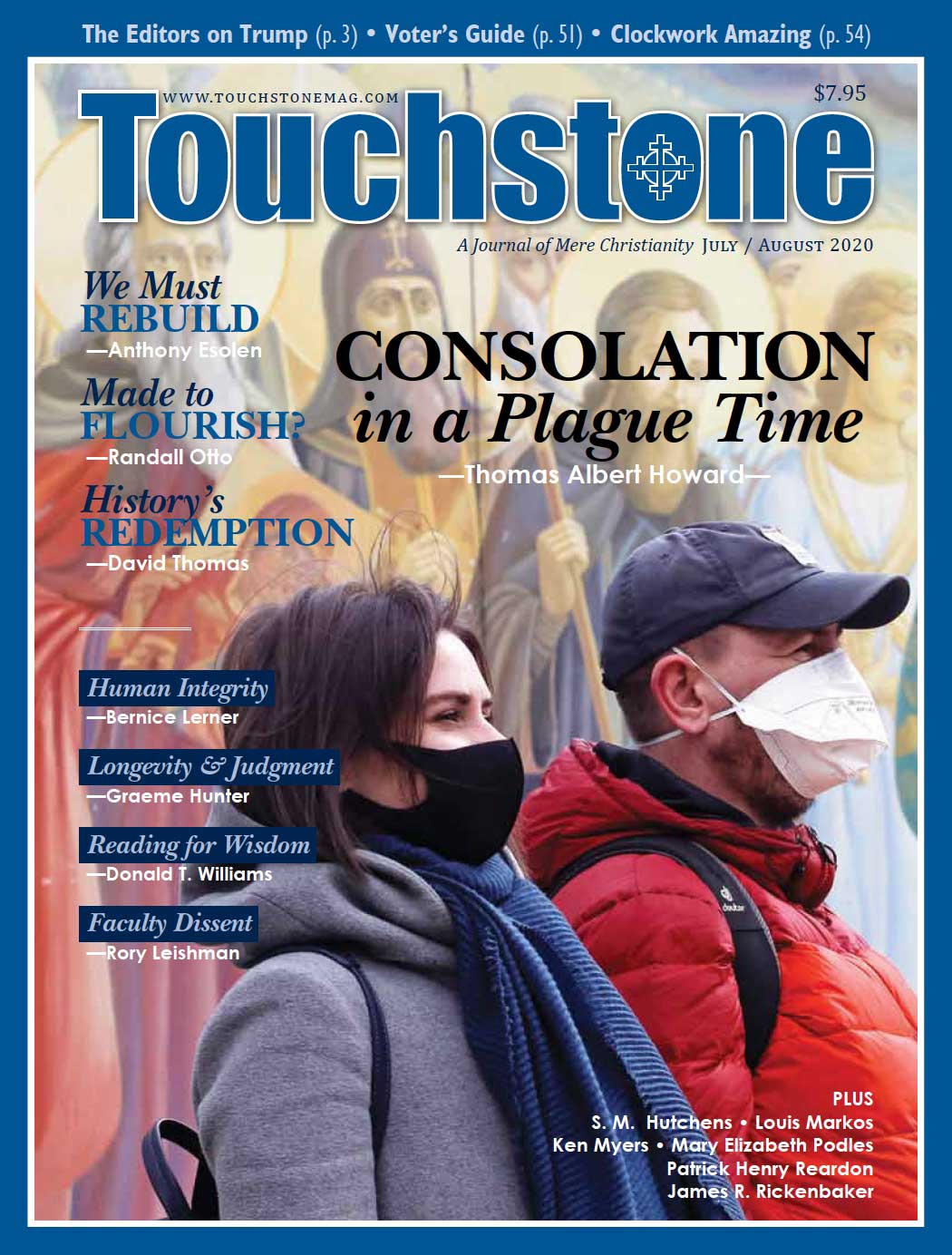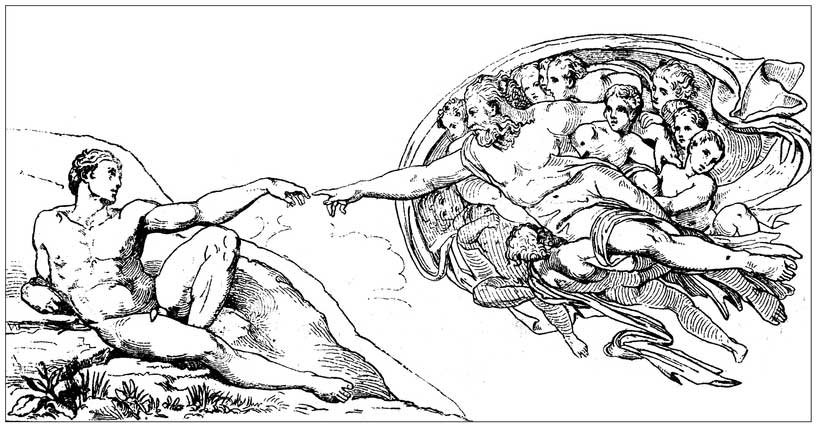View
Made to Flourish?
Randall Otto on Positive Psychology and the "Chief End of Man"
The Westminster Shorter Catechism (1647) famously opens by asking, "What is the chief end of man?" The answer, among the pithiest summaries of the purpose of life ever given, is, "Man's chief end is to glorify God, and to enjoy him for ever." The Westminster divines here followed John Calvin's emphasis in his first catechism (1538) that all human beings are made to know, love, and serve God: "All of us have been created in order to acknowledge our Creator's majesty and to receive it and esteem it, once acknowledged, with all fear, love, and reverence."
Recent developments in theology have decidedly changed that orientation, however. Instead of seeing the purpose of life as being centered on God, many now see it as being centered on humanity, even on the wider creation. Everything, we are told, has been made to "flourish." Humanity's chief end—indeed, the purpose of all things, it seems—is no longer to glorify God, but to flourish. To put it more forcefully, creation no longer seems to exist for God, but God for creation.
This-Worldly Purposes
For instance, J. Richard Middleton of Northeastern Seminary in Rochester, New York, repeatedly speaks of the centrality of human and creational flourishing in A New Heaven and a New Earth: Reclaiming Biblical Eschatology (Baker Academic, 2014). In unfolding what he calls "the holistic and this-worldly character of God's purposes," he notes that "God's intent for human flourishing, grounded in creation . . . has been thwarted by sin," but he claims that the Old Testament, "through its portrayal of earthly flourishing," affirms the vision of a redeemed people living on a renewed earth "as the very purpose of salvation." He speaks of "the goal of earthly flourishing in Old Testament law and wisdom, and the prophetic expectation of this-worldly restoration" as confirming his "this-worldly eschatology," where the turn of focus away from heaven to earth comes with a concurrent turn from God and his glory as the focus of creation to creation and its "flourishing" as the focus of God.
Christopher Southgate of the University of Exeter, in The Groaning of Creation (Westminster John Knox, 2008), also puts the focus on creaturely flourishing, but sees it more ambiguously. According to him,
the divine desire for creaturely flourishing is frequently unrealized, and where it is realized, it is only so at the expense of other possibilities, and often at the expense of the flourishing of other organisms. The pattern of the creation's flourishing, then, is an ambiguous pattern—"yes" to God always accompanied by no—full of beauty, full even of praise, but also of selving that takes place at the expense of the flourishing of other selves.
("A living creature 'selves,'" he explains, when, "behaving in its most characteristic way, and flourishing in so doing, it is conforming to the pattern offered by the divine Logos, the pattern of that type of selfhood imagined by the divine Word, and begotten in the Spirit out of the perfect self-abandoning love of the Father.")
More examples of the emphasis on "flourishing" could be cited in the writings of other theologians who place their focus on the earth's redemption.
This-Worldly Focus
The word "flourish" derives from Old French and Latin words meaning "to flower" or "to bloom," but by the fourteenth century it was being used as a synonym for "thrive," which may be its most common current sense.
Randall Otto is in the affiliate faculty in religion at Southwestern College in Wichita, Kansas, a mentor in humanities at Thomas Edison State University in Trenton, New Jersey, and a visiting professor in critical reasoning at Chamberlain School of Nursing, global campus. He has also served for nearly thirty years as a Presbyterian pastor.
bulk subscriptions
Order Touchstone subscriptions in bulk and save $10 per sub! Each subscription includes 6 issues of Touchstone plus full online access to touchstonemag.com—including archives, videos, and pdf downloads of recent issues for only $29.95 each! Great for churches or study groups.
Transactions will be processed on a secure server.
more on Christianity from the online archives

8.4—Fall 1995
The Demise of Biblical Preaching
Distortions of the Gospel and its Recovery by Donald G. Bloesch
more from the online archives
calling all readers
Please Donate
"There are magazines worth reading but few worth saving . . . Touchstone is just such a magazine."
—Alice von Hildebrand
"Here we do not concede one square millimeter of territory to falsehood, folly, contemporary sentimentality, or fashion. We speak the truth, and let God be our judge. . . . Touchstone is the one committedly Christian conservative journal."
—Anthony Esolen, Touchstone senior editor














